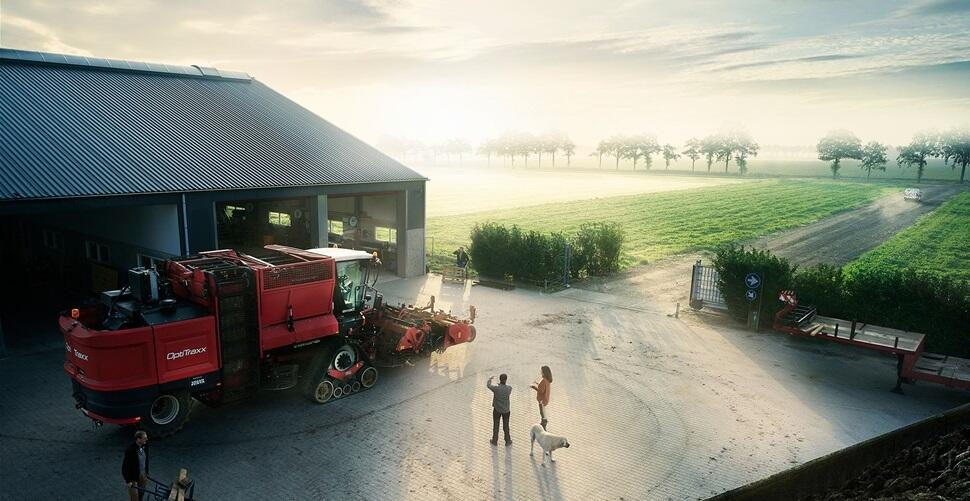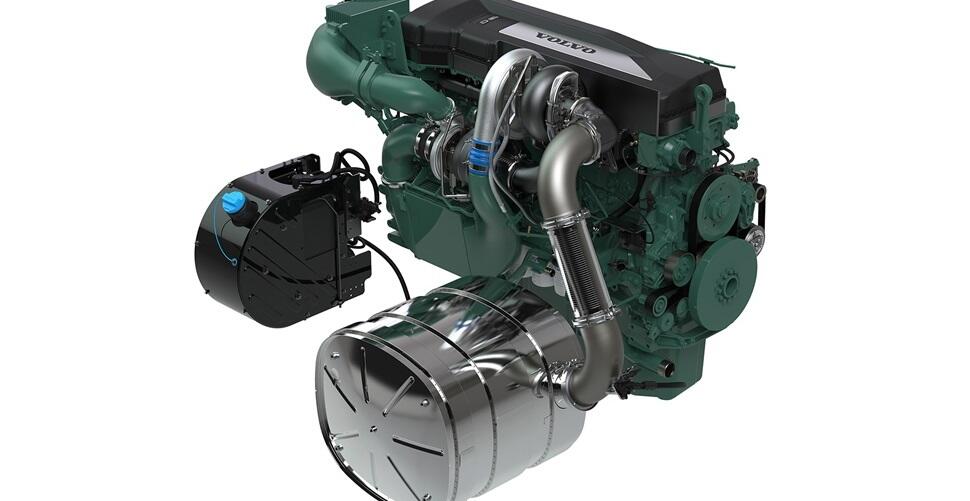Volvo Penta has established itself as a leading off-road engine manufacturer in the agricultural industry. This year, the Stage V engine solution its been Volvo Penta’s protagonist at EIMA 2020.

Stage V engine benefits
One of the main advantages of Volvo Penta’s off-road engine solutions is that they are optimized for each emission level. The Stage V emission legislation requires almost all off-road engines to have a DPF (diesel particulate filter). Volvo Penta has developed a solution that reduces standstill DPF regeneration to an absolute minimum, while at the same time retaining Volvo Penta’s signature ease of installation, operation and maintenance.
The Volvo Penta Stage V diesel engines have a common interface. Installation in the machine is very similar, regardless of the emission level for which the engine is optimized. The exhaust aftertreatment systems (EATS) for each Stage V engine model are flexible solutions; they can be installed in different orientations, making them suitable for most agricultural machinery and equipment.
Another benefit is that Volvo Penta develops complete engines and supplies them with all the necessary components for installation, including hoses and wiring harnesses, providing a complete solution for customers.
It has also bolstered its service network in the off-road segment to boost the ease of maintenance of its Stage V engine platform, thereby providing excellent support for end-users in all off-road applications.
“We see ourselves more as partners to OEMs than suppliers, because we pride ourselves on technical support and create tailored solutions based on their requirements. We provide a lot of technical support and our customers are often surprised by the focus we put on them,”
explains Mauricio Henander, Strategy & Business Development Director at Volvo Penta.

Low fuel consumption
Another important benefit for customers and end-users is the low fuel consumption of the Volvo Penta Stage V range, which features an improvement of up to 5% across the range (vs Stage IV). This not only means a lower total cost of ownership for customers but also a reduction in CO2, which is an important priority for the entire Volvo Group. The low fuel consumption, together with the low emissions and market-leading oil change intervals, supports sustainable farming.
Source: Volvo Penta


 Copyright 2017-2025 All rights reserved.
Copyright 2017-2025 All rights reserved.